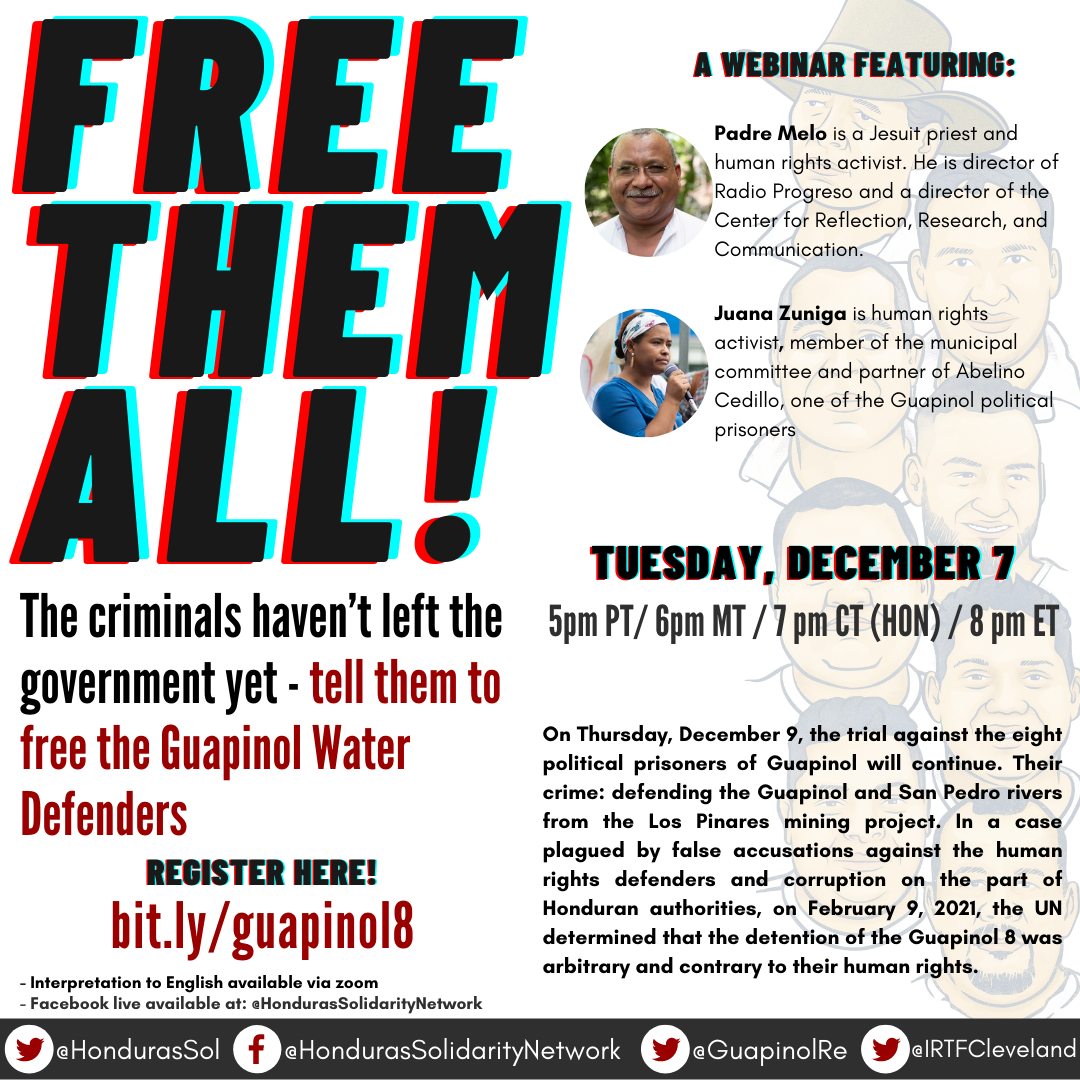In Aguán, groups like Juan Moncada’s, a murdered cooperative farmer, have dwindled, mostly because of migration. Once boasting 248 families, the cooperative is now half that size. Those who remain are intensifying efforts to reclaim land, occupying disputed palm plantations and stepping up campaigns to authenticate titles they say prove ownership of some plots. Moncada's murder is part of a free-for-all in northern Honduras that pits peasants, landowners, public and private security forces, criminal gangs and government officials against one another. Decades in the making, the conflict is a growing source of bloodshed and a record tide of migration by people seeking to flee land grabs, violence, poverty, and the widespread corruption and impunity that fuel them.
- Home
- About Us
- Issues
- Countries
- Rapid Response Network
- Young Adults
- Get Involved
- Calendar
- Donate
- Blog


